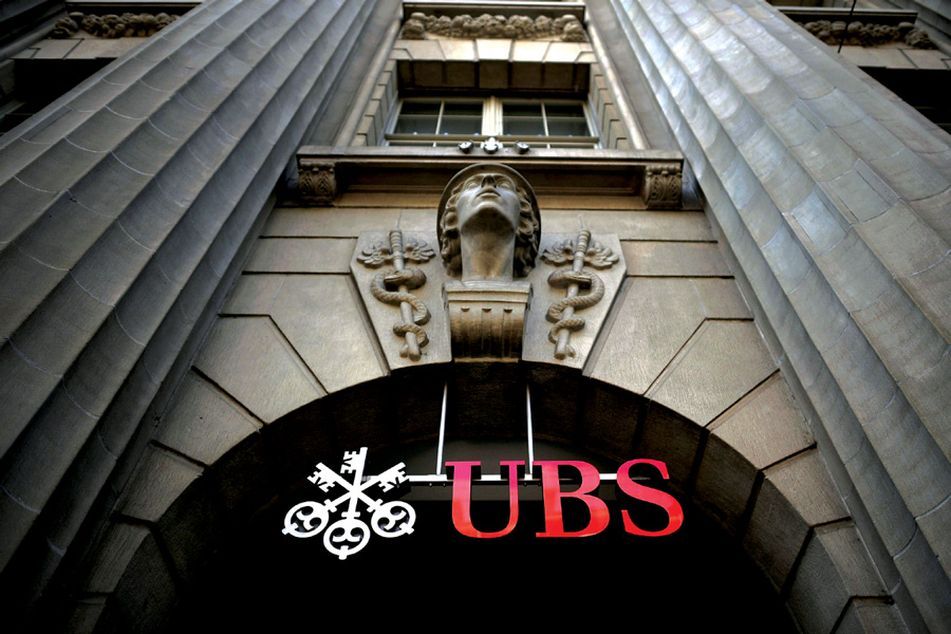UBS buys Wealthfront for $1.4 billion in major push into US market

The largest Swiss bank said the acquisition will accelerate its growth in America, broadening the firm’s reach to more mass-affluent investors.
UBS Group is buying the leading independent robo-adviser Wealthfront Corp. in a deal valued at $1.4 billion, ending months of speculation over the fate of one of the industry’s largest automated-advice platforms.
The deal adds more than $27 billion in assets under management to Switzerland’s largest bank and a massive distribution arm in the U.S. of over 470,000 clients. UBS said the acquisition will accelerate its growth in America, broadening the firm’s reach past the traditional ultra high-net-worth investor and expanding its technology to a more mass-affluent client base.
[FLASHBACK: Will Wealthfront fetch a $1.5 billion price tag?]
“Wealthfront complements our core business in the U.S.,” Ralph Hamers, chief executive of UBS, said in a statement, “and will enhance our long-term ambition to deliver a scalable, digital-led wealth management solution to affluent investors.”
InvestmentNews wants to hear from you! Please take a minute to complete this form, so we can better understand and serve our readers.
"*" indicates required fields
Giant firms like UBS are trying to open the door to younger clients with the potential to inherit a whopping $84.4 trillion worth of assets in the coming decades, a sizable chunk of the world’s wealth, according to the latest analysis from Cerulli Associates.
Wealthfront focuses on retail investors who are primarily tech-savvy millennial and Gen-Z clients. The average customer is 34 years old with an investment account size of approximately $60,000, according to a spokesperson.
The company will continue to operate under the Wealthfront brand, the spokesperson said, and the advisory fee and services will remain the same.
The deal is expected to close in the second half of the year.
“We were fortunate to get to know UBS’s management when we started discussing a banking partnership with them in 2020,” Wealthfront CEO David Fortunato said in a letter emailed to customers. “Our aspirations haven’t changed. Our philosophy and principles remain the same.”
According to the letter reviewed by InvestmentNews, the robo’s customers will gain access to new capabilities, including research and analytics from the Swiss megabank. “We’re incredibly excited that UBS has committed to letting Wealthfront operate under its brand as a standalone business,” Fortunato said.
The Palo Alto, California-based company has maintained high growth in recent years, during a time when some competing services have shuttered. The company has made significant strides toward chairman and co-founder Andy Rachleff’s vision of a fully automated platform that directly deposits paychecks, settles monthly bills and automatically invests the rest for clients, in what the company calls its “Self-driving Money” feature.
“The dream of completely disintermediating the financial adviser has gone on hold,” said Will Trout, director of wealth management at Javelin Strategy & Research. “With this deal, Wealthfront has embraced one of the more traditional wealth managers in the ecosystem.”
The deal ends months of speculation about a possible sale of Wealthfront. The 13-year-old company had reportedly drawn interest from banks — including its custodian, Royal Bank of Canada — as well as special purpose acquisition companies, known as blank-check companies.
Wealthfront was founded in 2008 during the Great Recession to help underserved investors get access to financial advice. The upstart went on to upend wealth and asset management by bringing down fees and opening up access for retail investors. Companies like Wealthfront eventually forced investment giants like Vanguard Group Inc. and Charles Schwab & Co. to enter the fray.
Learn more about reprints and licensing for this article.








